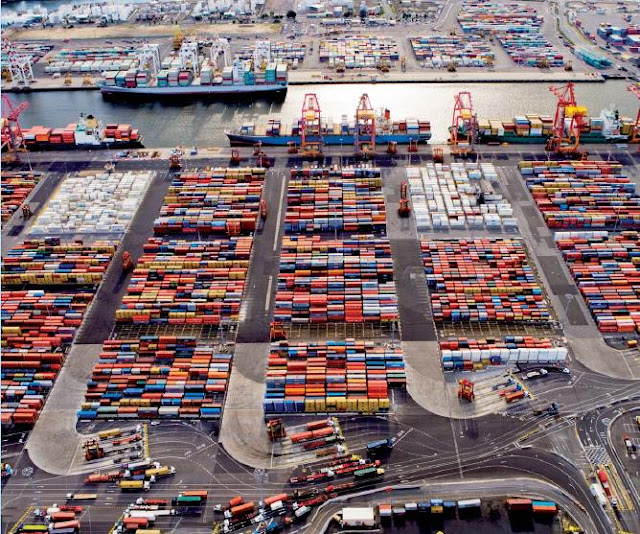Carbon Tariffs: Another Name for Green Protectionism?
 | |
| A Carbon Tariff model that might be acceptable to developing countries |
Carbon tariffs are a tax on carbon-intensive imports, which recently triggered heated international debates. Certain industrialized countries have been advocating the adoption of carbon tariffs on products imported from developing countries, such as China.
According to Marco Springmann, a physicist turned economist, the main reason is that certain rich nations have implemented binding targets to reduce greenhouse gas emissions, while poorer countries have so far resisted legal commitments. Additionally, because many of them simply do not set a price on carbon, they can produce cheaper carbon-intensive goods. Promoters of carbon tariffs thus think that taxing such goods at the border will make up for this difference in price and indirectly regulate the associated emissions.
However, almost a quarter of China’s CO2 emissions come from its
 |
Carbon tariffs to finance clean development |
Go to original AXA article by Marco Springmann (3 years)
Related: Young people’s burden: requirement of negative CO2 emissions: Hansen et al
carbon tariffs, carbon footprint, impose trade tariffs on carbon offenders, carbon trading, climate catastrophe, #economy,

No comments:
Post a Comment